There have been considerations of tax rationalization on lithium-ion batteries since battery swapping is gathering pace. With the push for a battery swapping policy and the fact that electric vehicles are taxed at 5%, while lithium-ion batteries are taxed at 18%, the considerations may get materialized very soon.
Recently, the NITI Aayog, the ministries of new and renewable energy, heavy industries, and other government departments held their first meeting on the battery-swapping policy. Along with tax rationalization, standardization of batteries to ensure interoperability was also on the agenda of the meeting,
“As per the current GST regime, tax rates on lithium-ion batteries and electric vehicle supply equipment (EVSE) are 18% and 5%, respectively. The GST Council, the decision-making body on GST provisions, may consider reducing the differential across the two tax rates. The council will take an appropriate decision in this regard at a suitable time," the draft policy said. The government think tank also proposed an existing scheme be revised or a new scheme be undertaken to deliver subsidies to makers of battery-swapping stations.
For battery swapping to succeed in India, challenges on interoperability and battery inventory need to be addressed. As an example, electric vehicle manufacturers Crayon Motors and Bounce Infinity are collaborating to establish this interoperated battery swapping network. Battery swapping forms an alternative to charging as it offers a quick fix to the battery charge and relief from domestic charging issues. According to the company, this smart solution will primarily be available at multiple locations, including Crayon Motors’ dealerships, residential complexes, petrol pumps, restaurants, cafes, co-living spaces, corporate offices, etc. Bounce has dedicated $100 million for R&D, manufacturing of e-scooters, and extending the battery swapping infrastructure across India.
With a battery swapping policy, companies like Attero are even aiming high to recycle more than 3,00,000 tonne of lithium-ion battery waste per year by 2027. This opens whole genre of new opportunities. With facilities spread across Europe, US, India and Indonesia, its expansion plan will be rolled out in a phased manner. Attero will invest $500 million to scale its lithium ion battery recycling capacity to 1,50,000 tonne by 2025. In a bid to reach its target of 3,00,000 tonne of lithium ion battery waste per year by 2027, Attero will infuse an additional $500 million in the second phase. This additional capex will be used to enhance the capacity by 1,50,000 tonne through its facilities across the globe.
Battery taxes rationalization, battery swapping, and battery recycling could all end our battery woes and take e-mobility to another dimension in India.


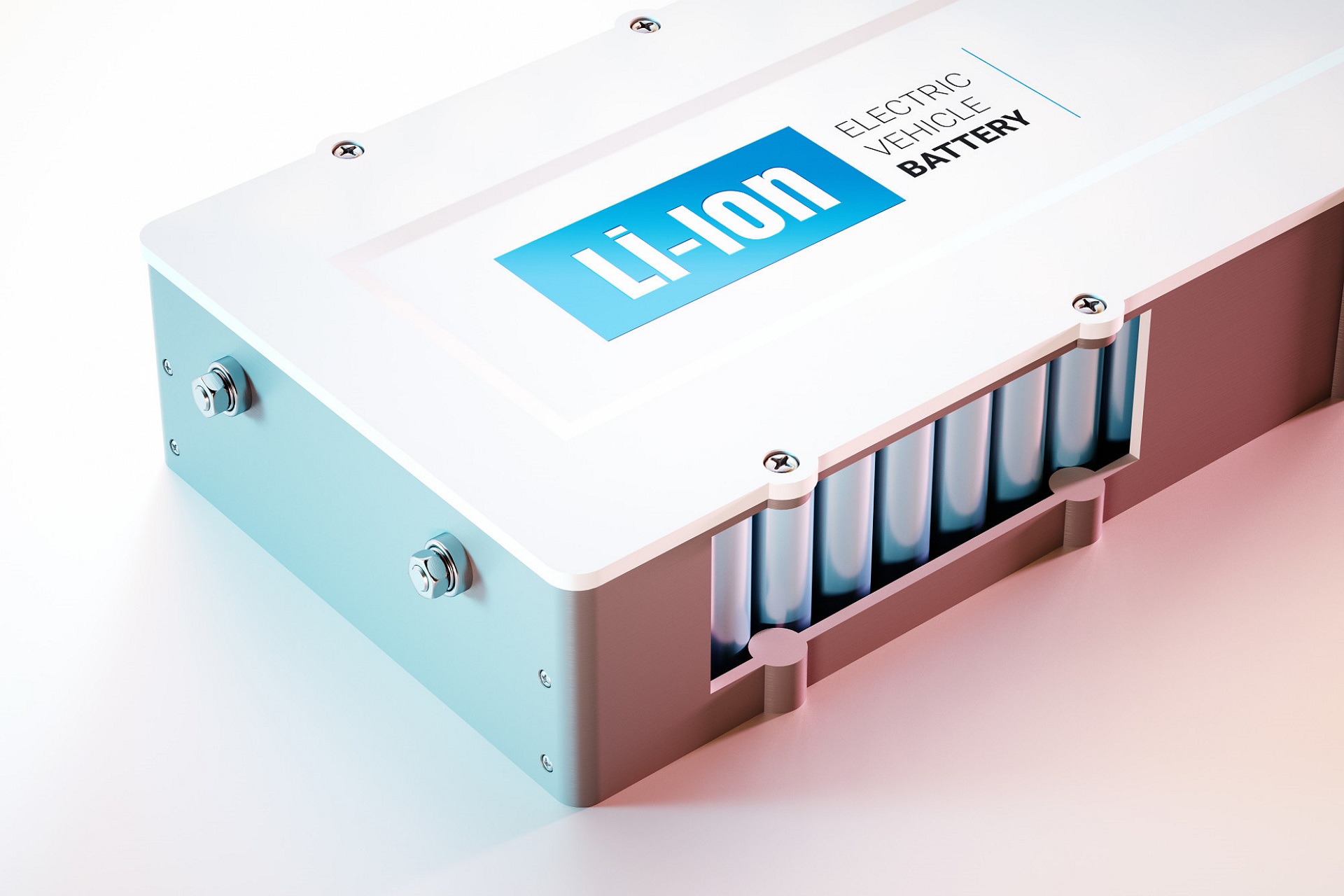
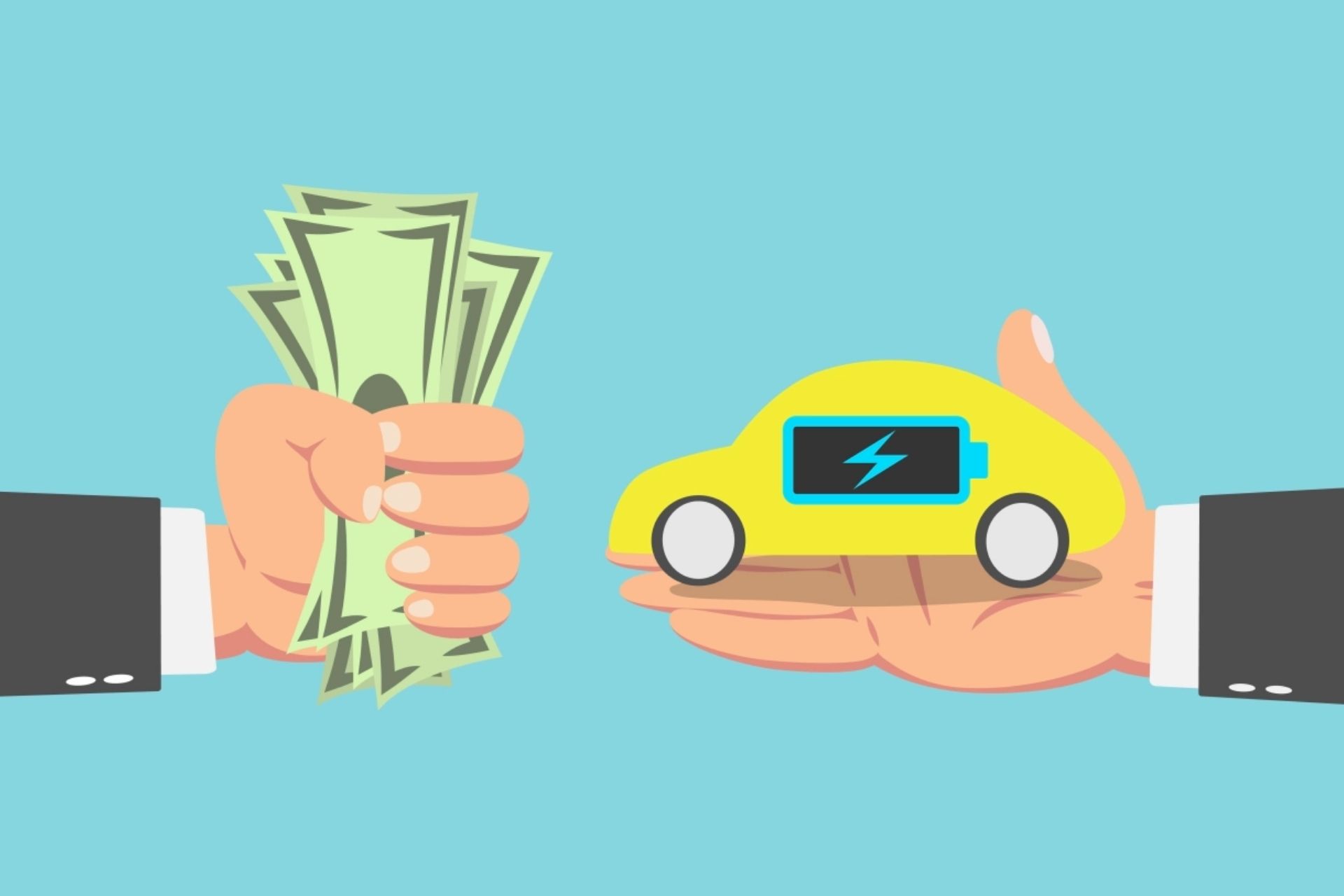
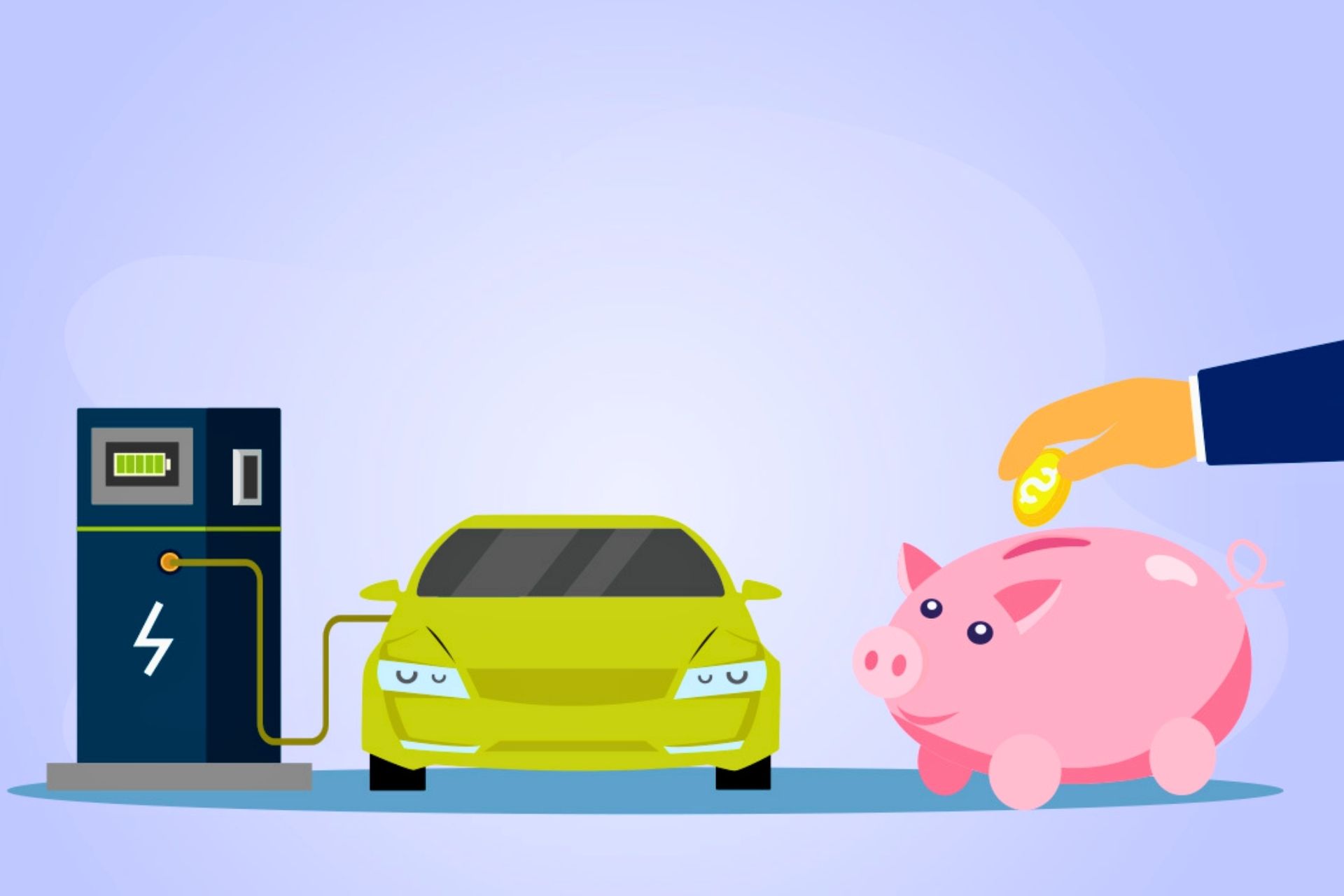
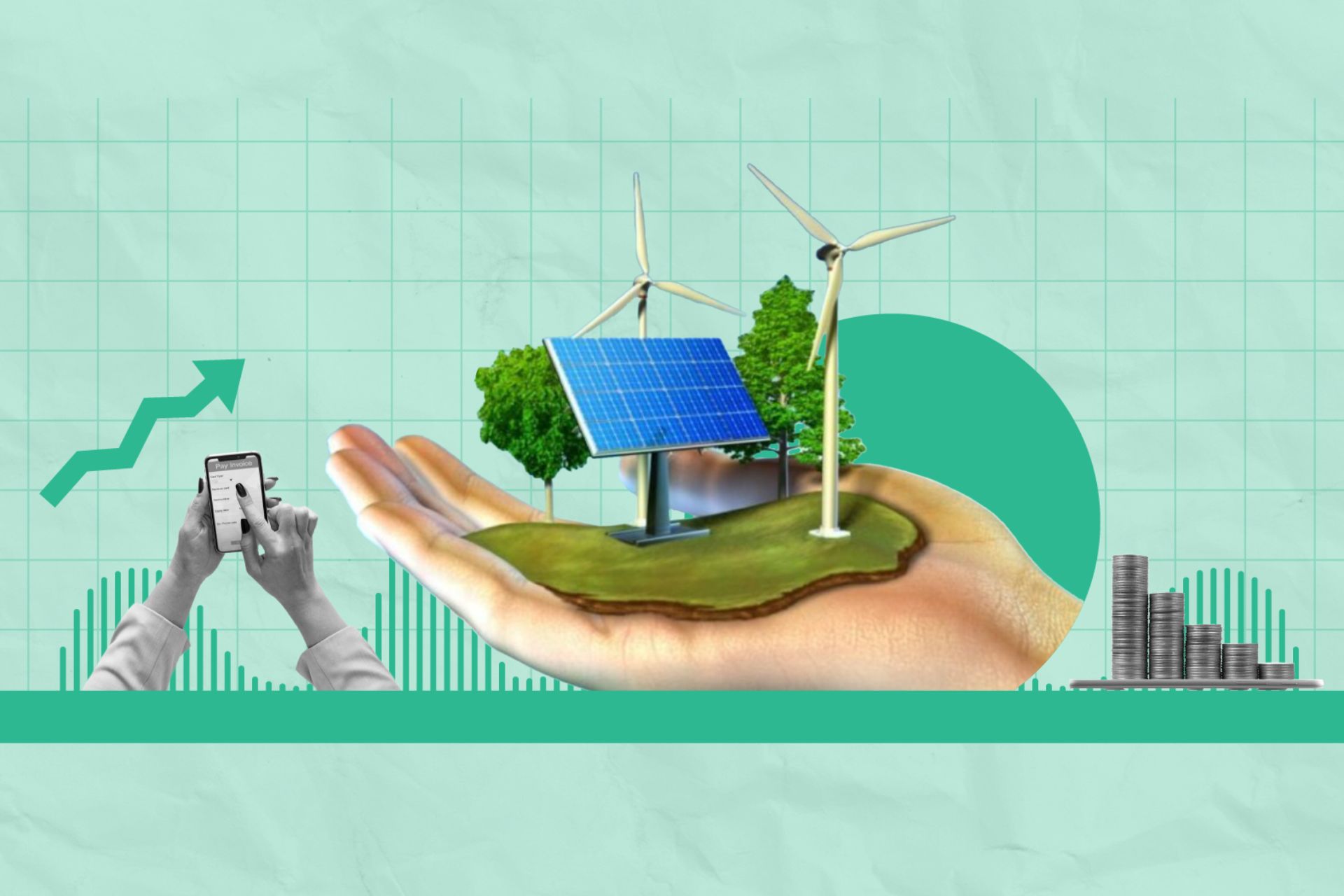
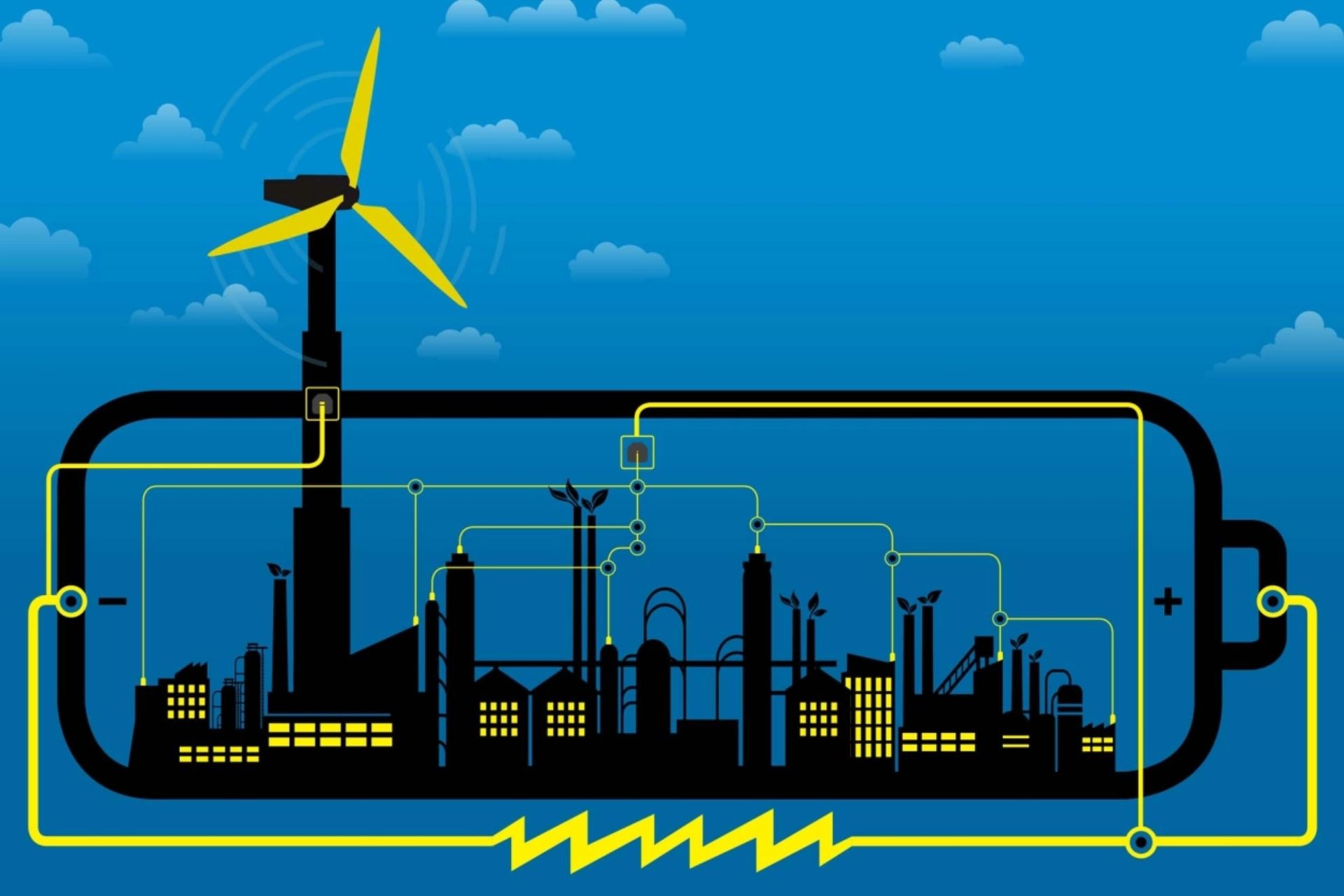
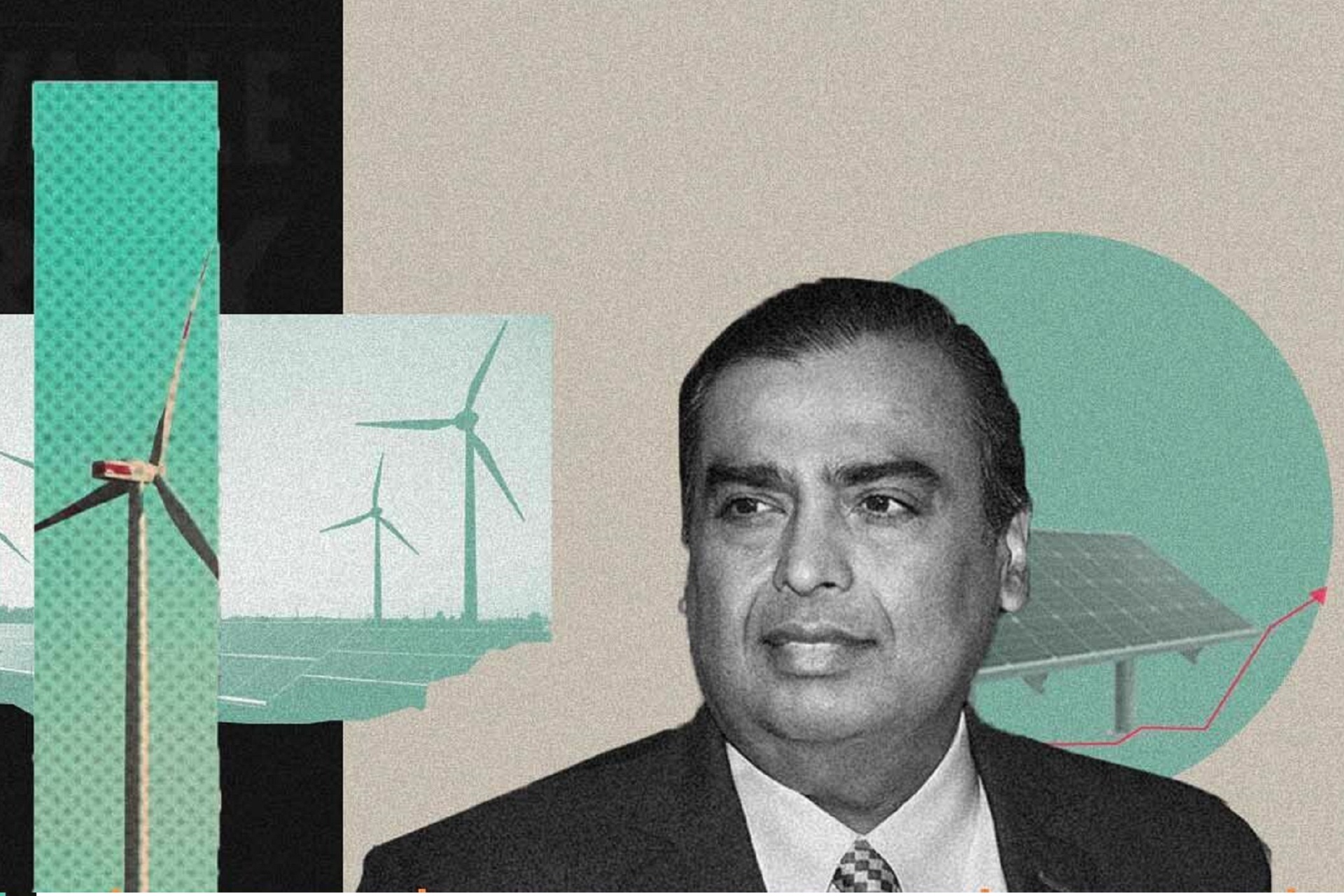
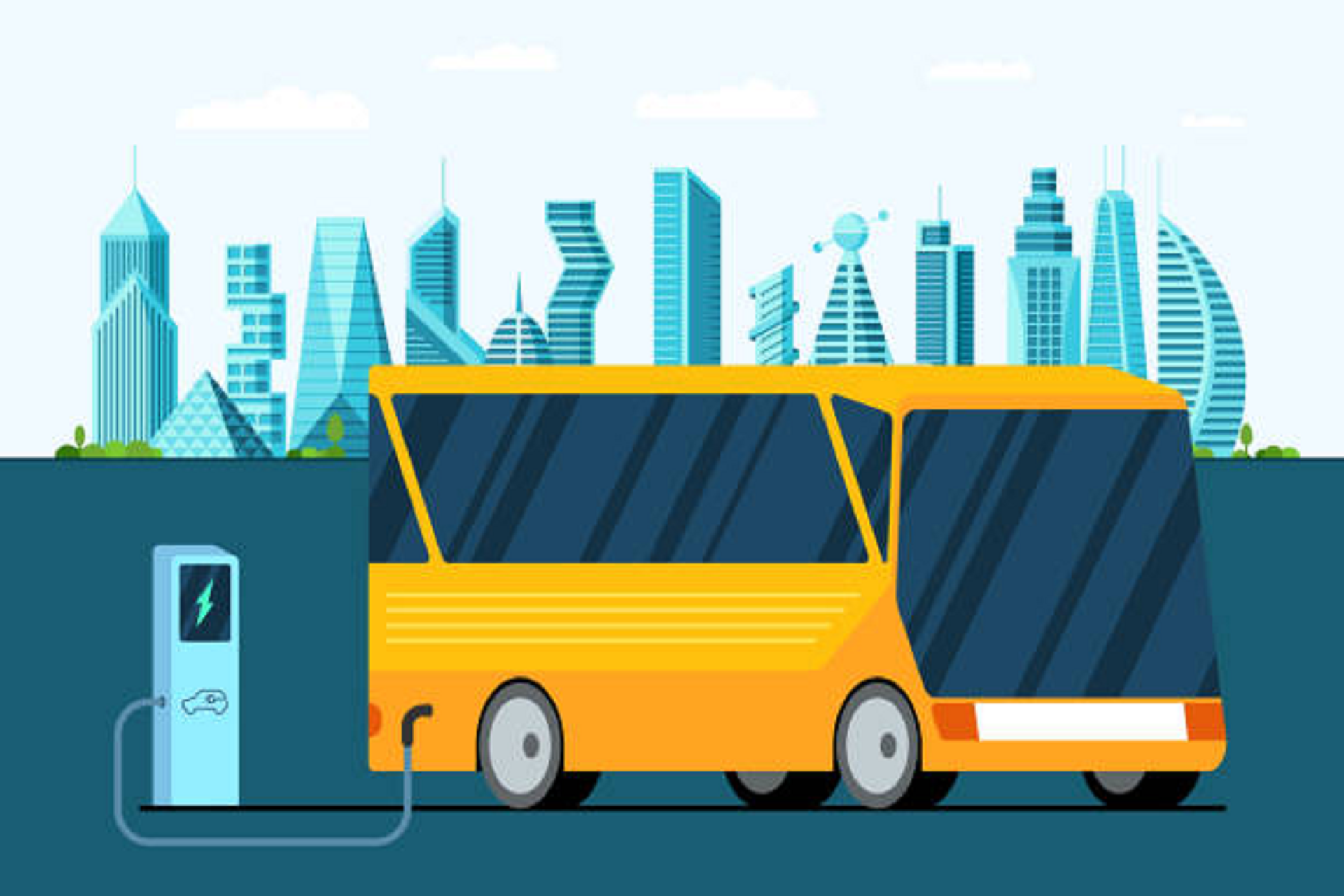
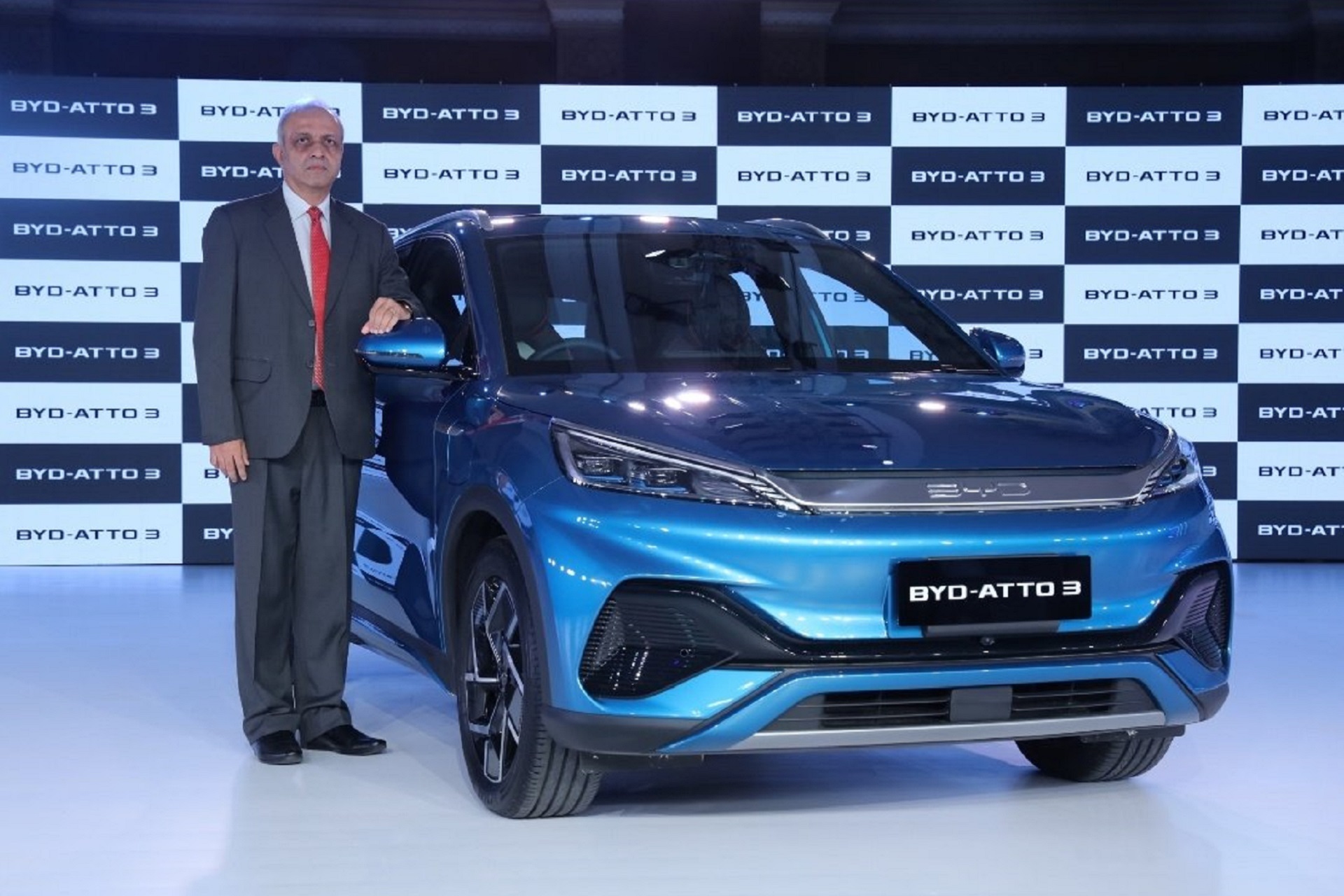
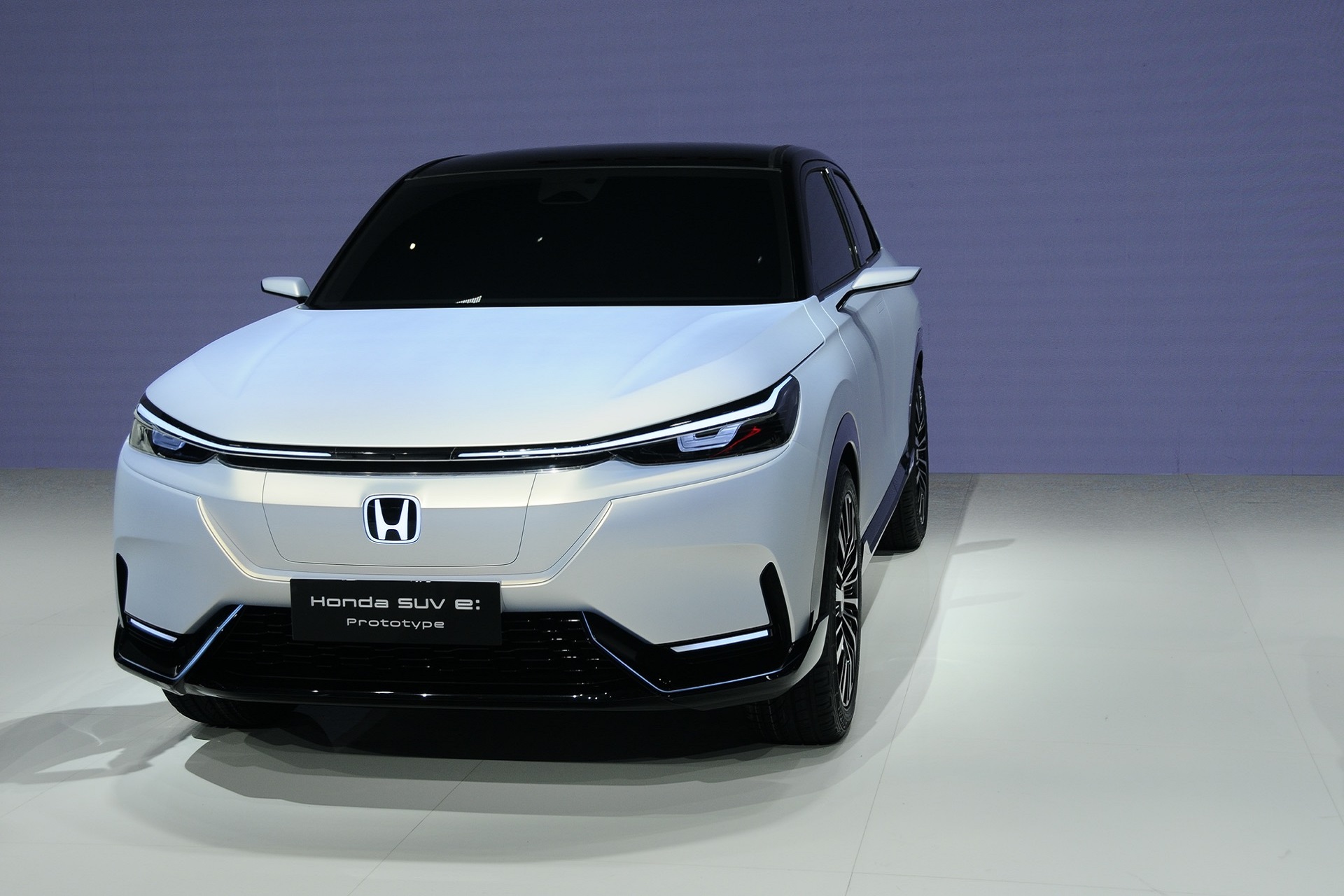
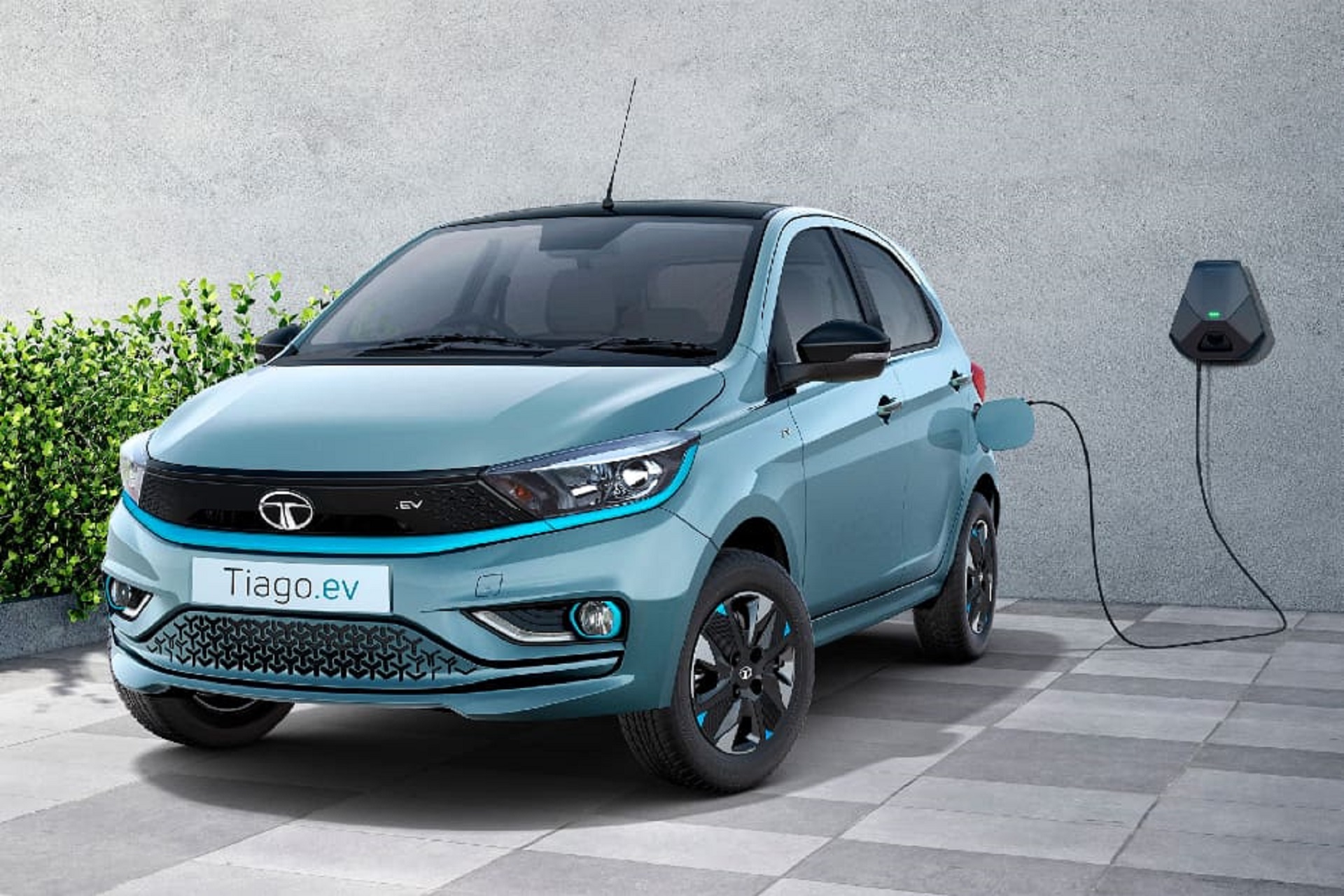
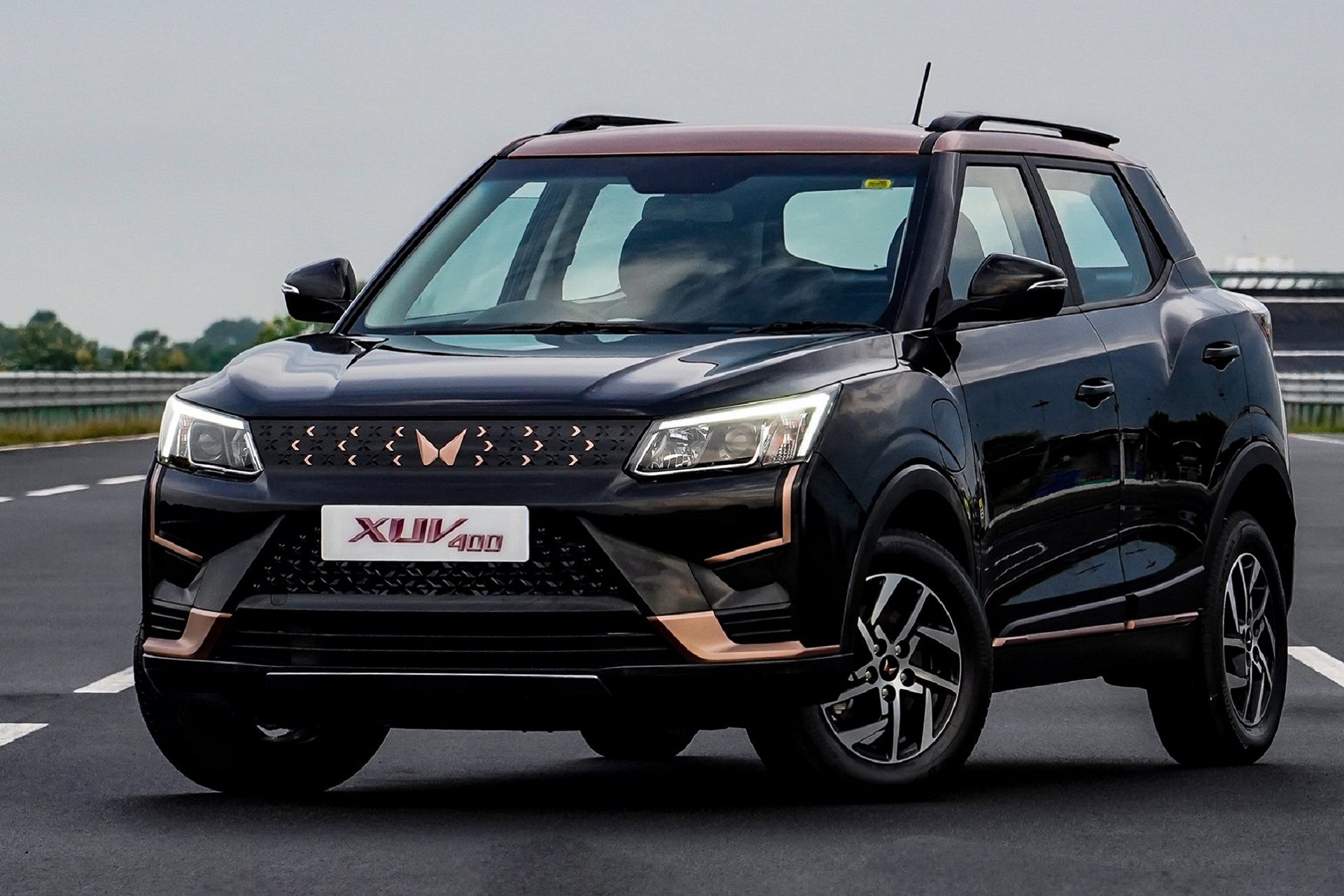

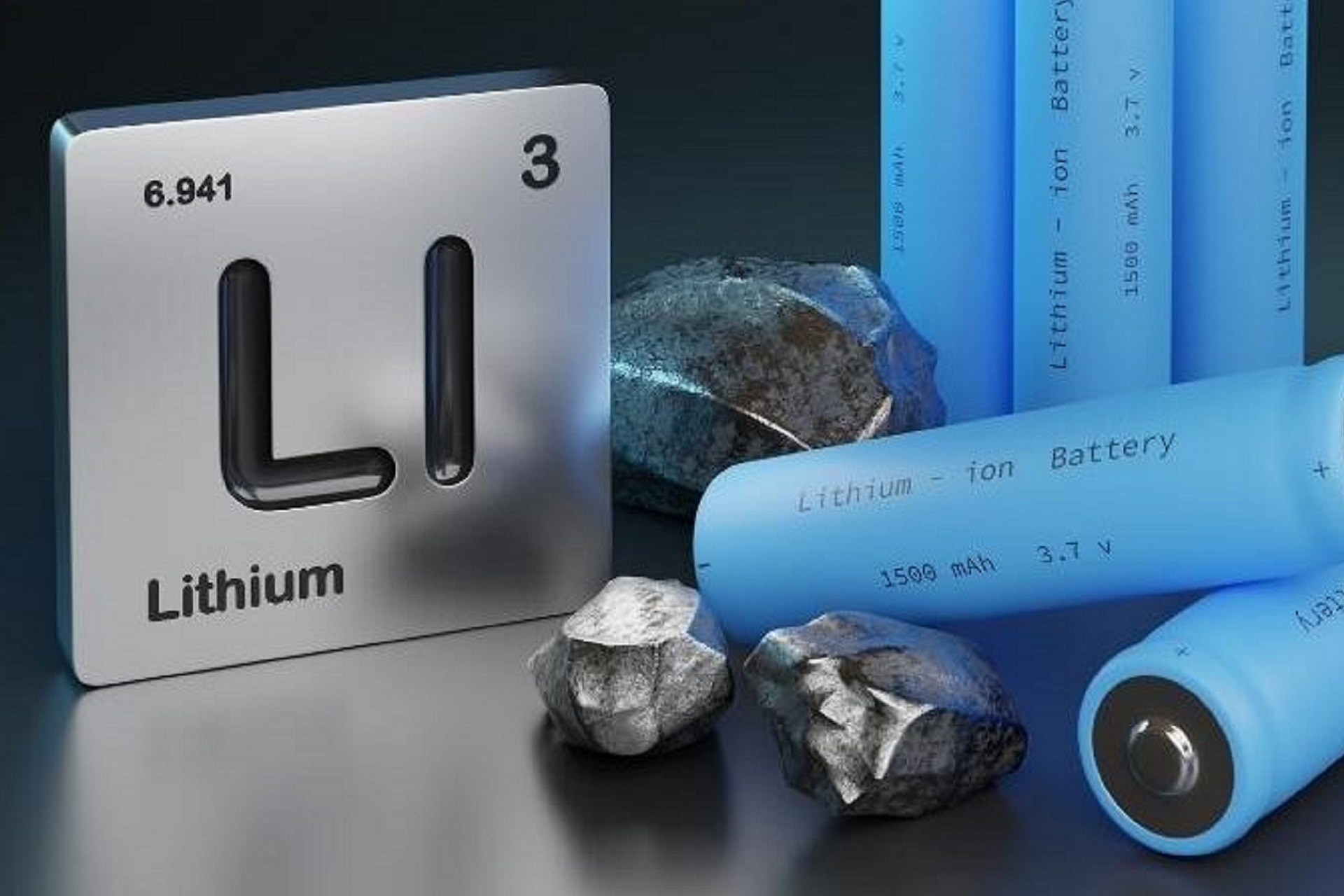
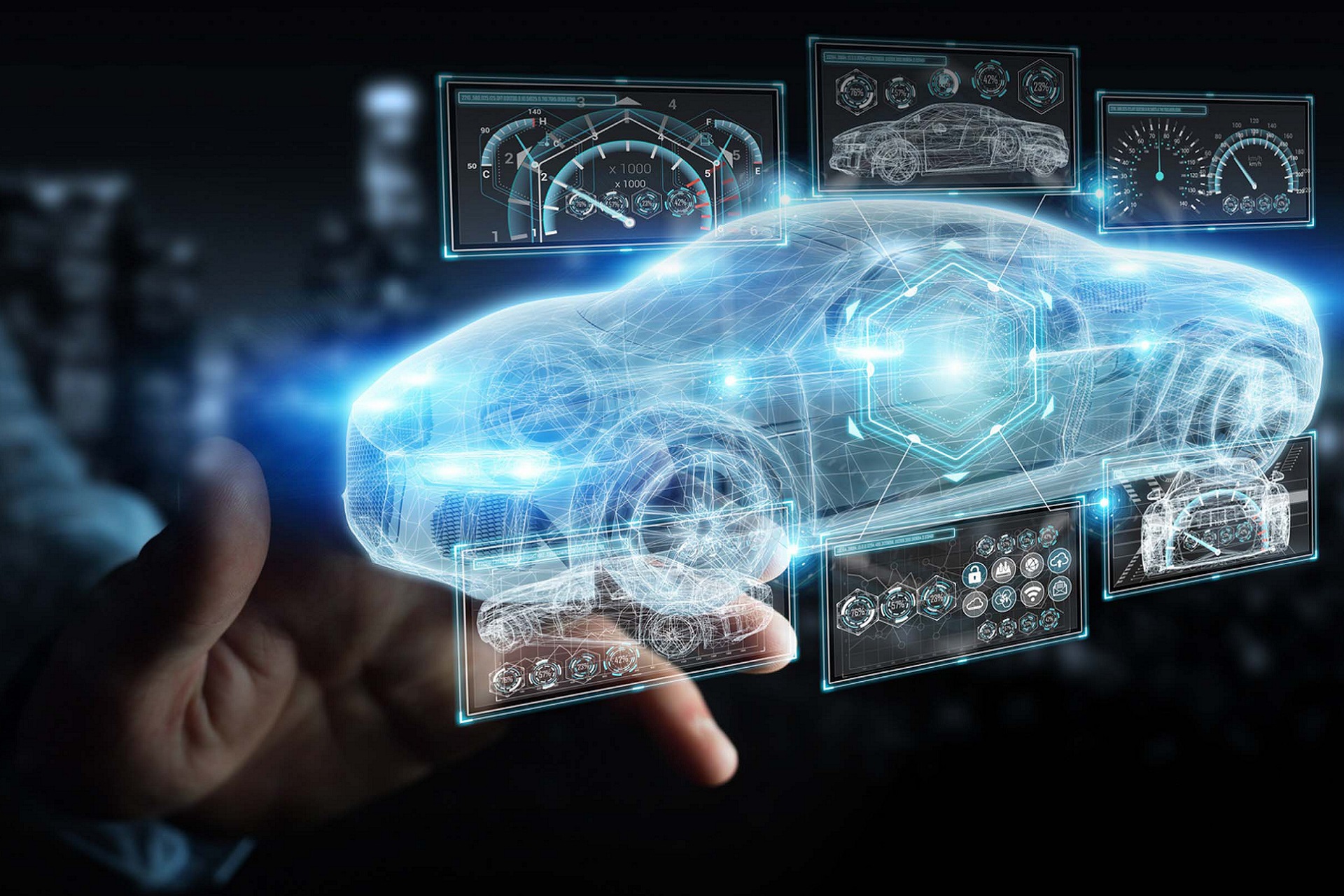
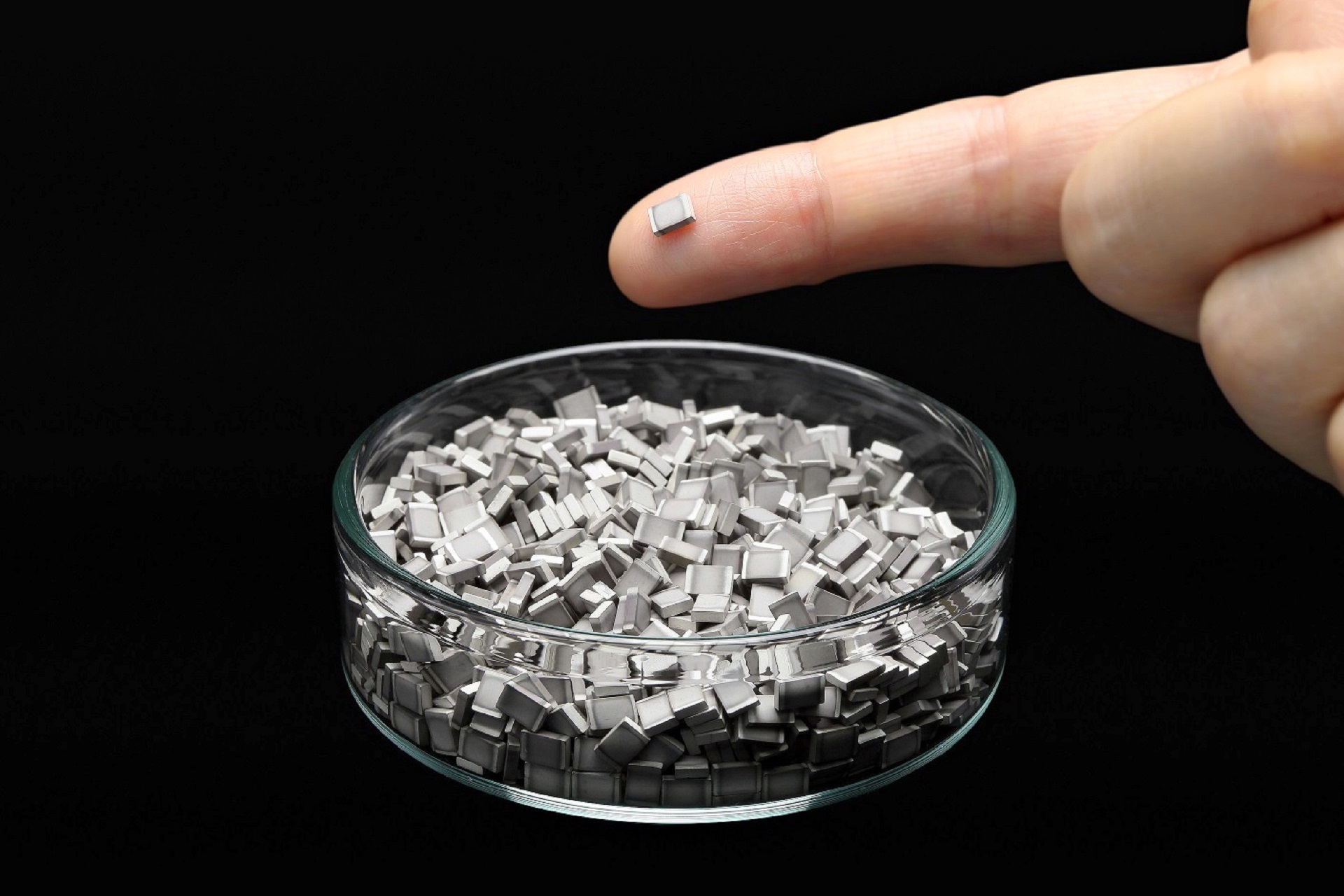
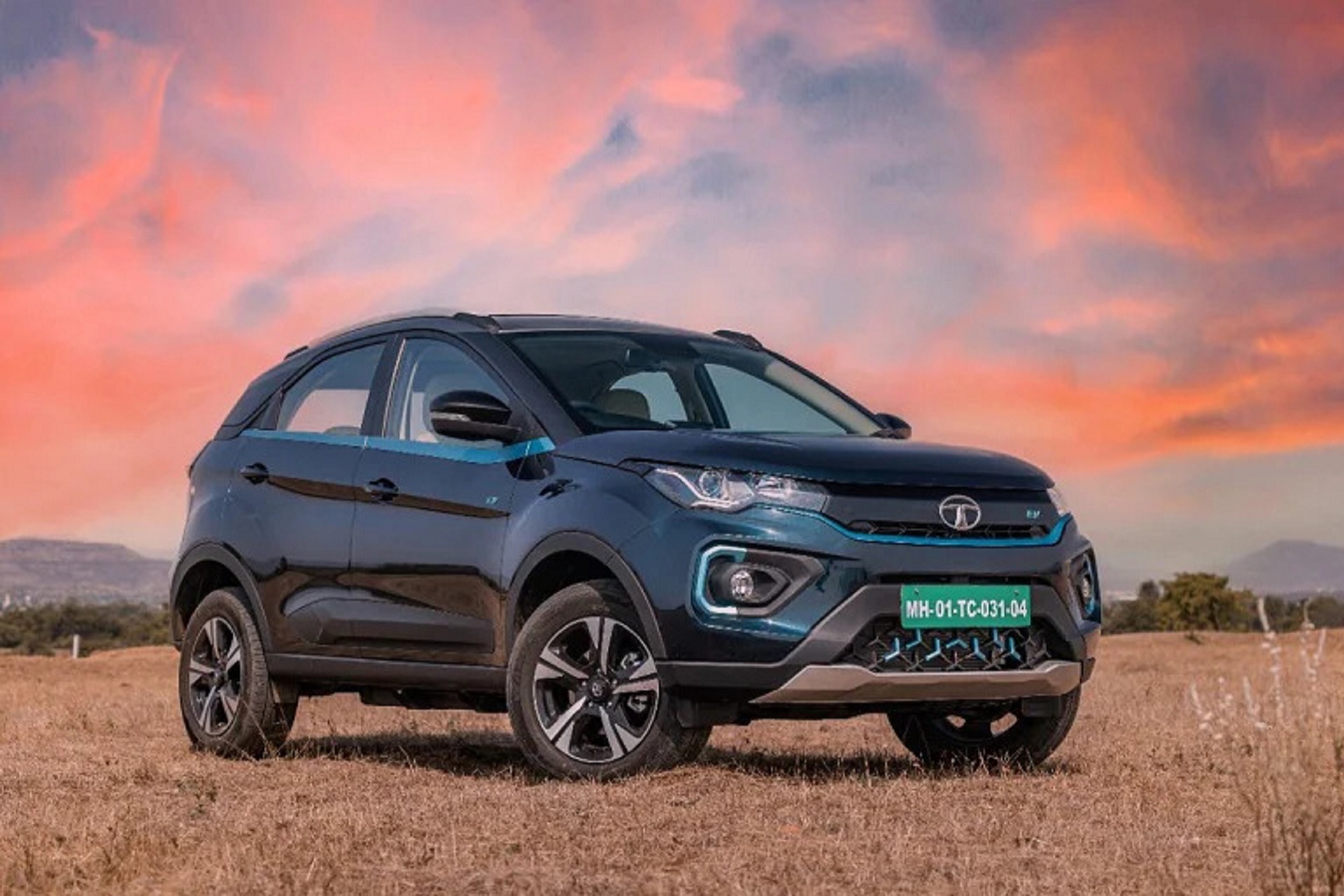
Please Login / register to post your comments!!
0 Comments